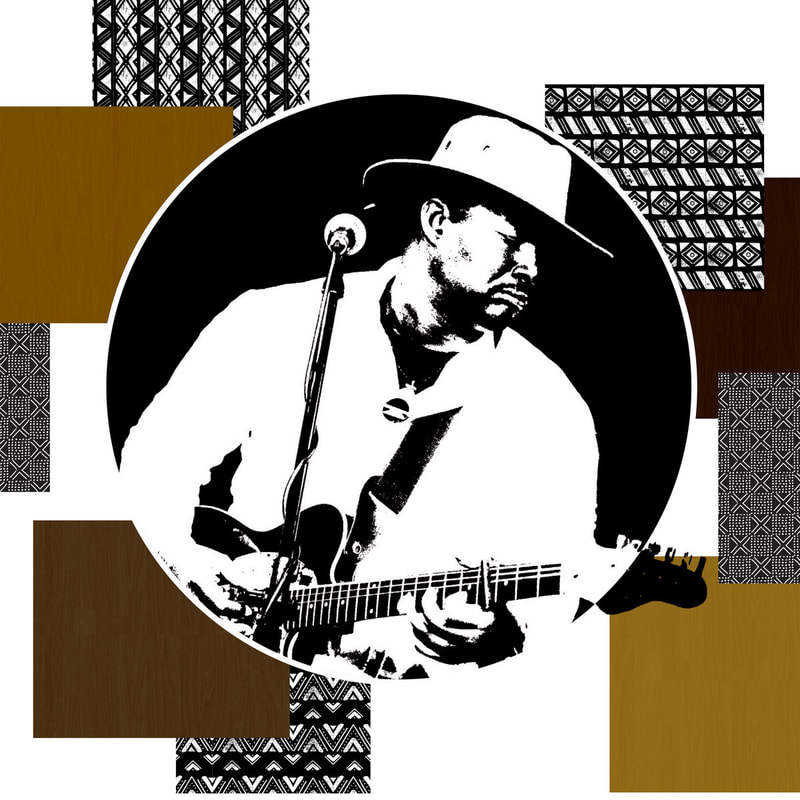The Slow Music Movement Blog
Reading about music is a bit like looking at pictures of food - not nearly half as much fun as getting involved, so we scribble a brief intro to hopefully whet your appetite but strongly advise you just hit play and make up your own mind.
There's a lot of music to check these days & hopefully you'll find these recommendations a handy filter.
Trust your ears, not opinions.
Reading about music is a bit like looking at pictures of food - not nearly half as much fun as getting involved, so we scribble a brief intro to hopefully whet your appetite but strongly advise you just hit play and make up your own mind.
There's a lot of music to check these days & hopefully you'll find these recommendations a handy filter.
Trust your ears, not opinions.

 RSS Feed
RSS Feed